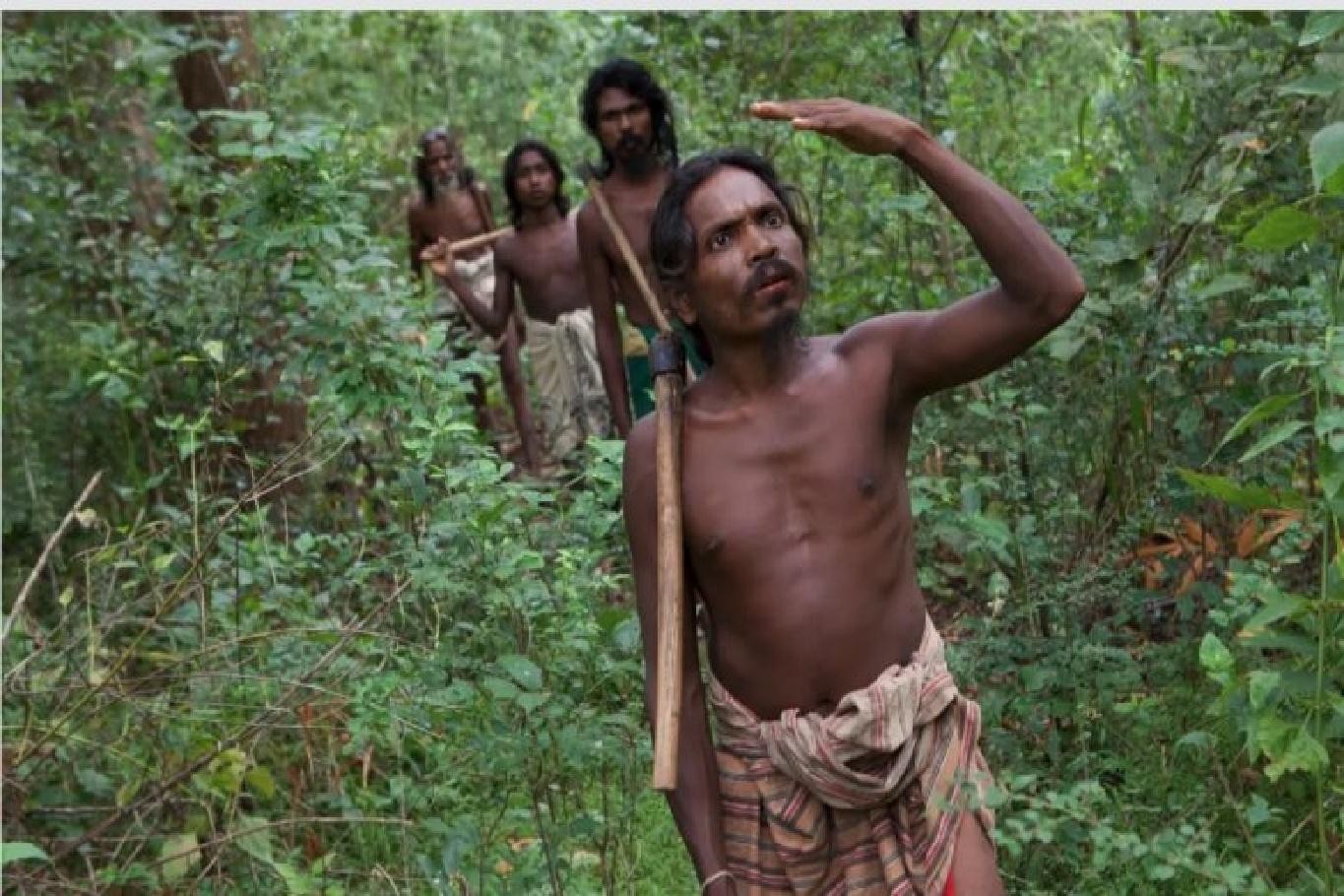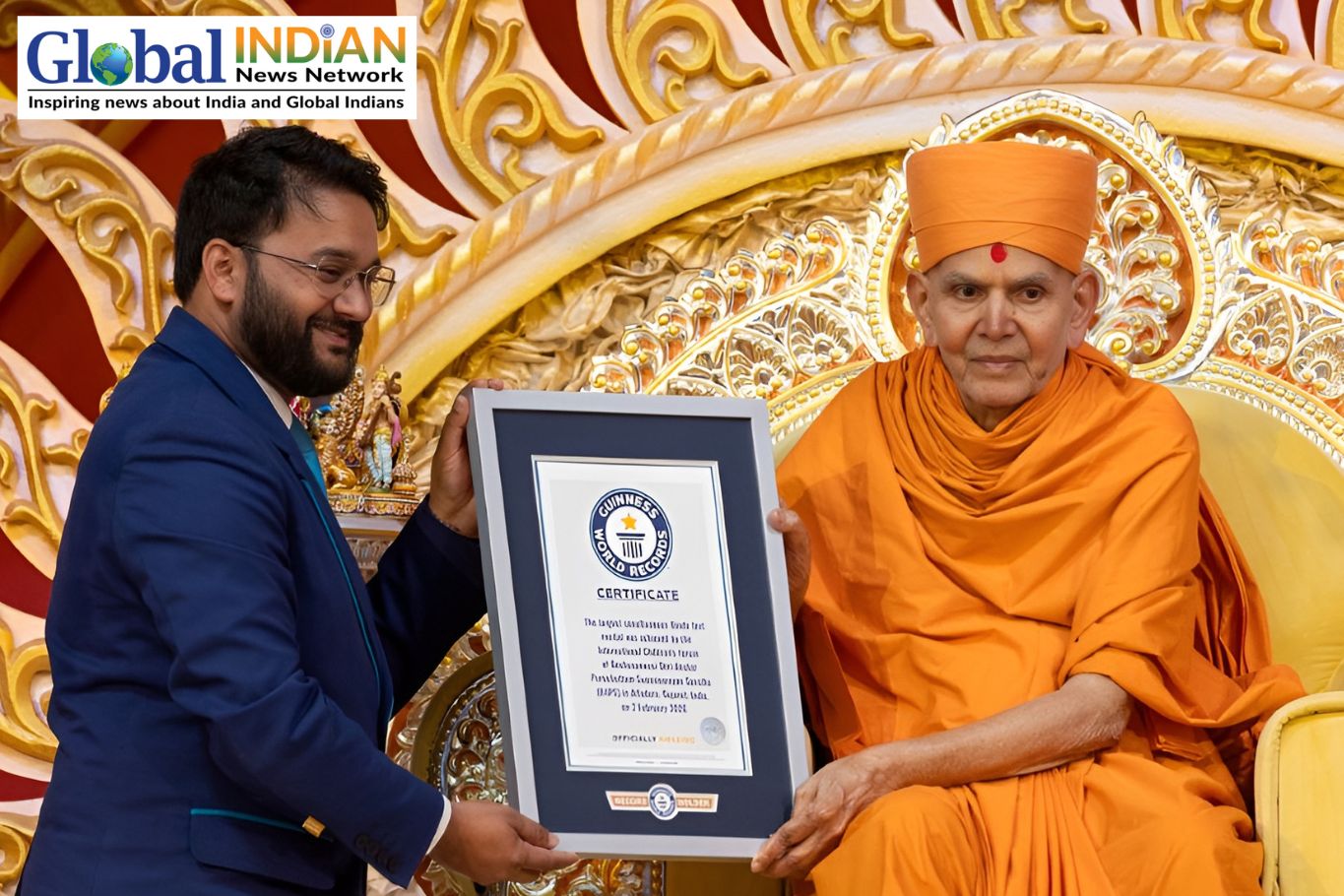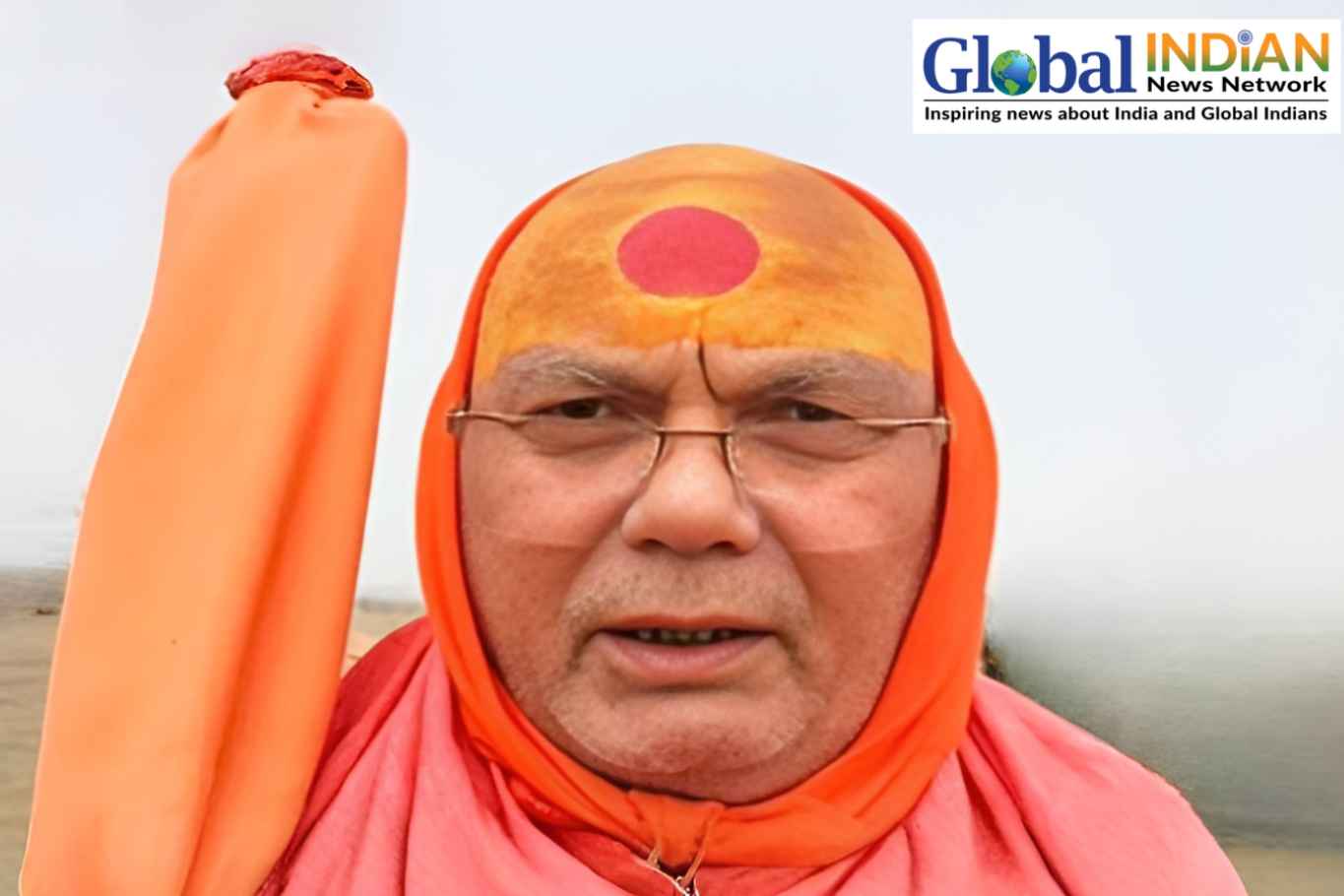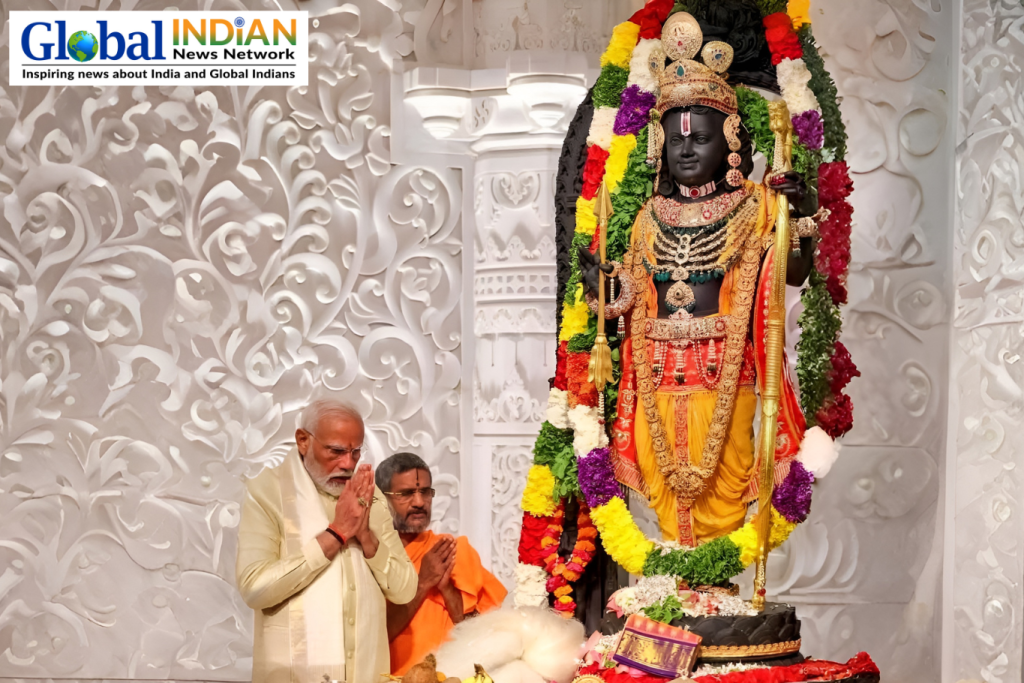
A groundbreaking study conducted by 10 researchers from five institutions unveiled a close genetic relationship between the Vedda, an indigenous community in Sri Lanka, and the Indian population. The study, published in the journal Mitochondrion and reported by CSIR-CCMB, employed an extensive analysis of high-resolution autosomal and mitochondrial genomes. It sheds new light on the early settlement of Sri Lanka and the ancient genetic connections between the Vedda and other Asian populations.
Despite the Vedda’s status as one of Sri Lanka’s least studied indigenous groups, their distinct linguistic and cultural characteristics have long fascinated scientists and historians. Dr. K. Thangaraj, a senior author of the study and JC Bose Fellow at CSIR-Centre for Cellular and Molecular Biology, Hyderabad, emphasized the significance of unraveling the genetic origins and affinities of the Vedda with the Indian population.
The research revealed that, contrary to expectations based on linguistic differences, the Vedda people exhibit a notable genetic similarity with ethnic groups in India. Anjana Welikala, the study’s lead author, highlighted how this discovery challenges conventional models of isolation by distance and underscores the unique demographic history of the Vedda. The implications extend beyond Sri Lanka, offering fresh insights into the demographic landscape of South Asia as a whole.
The study illuminates the intricate tapestry of human migration and genetic diversity in South Asia, showcasing how the Vedda have maintained their genetic distinctiveness across millennia despite significant cultural and linguistic transformations in their surroundings.









